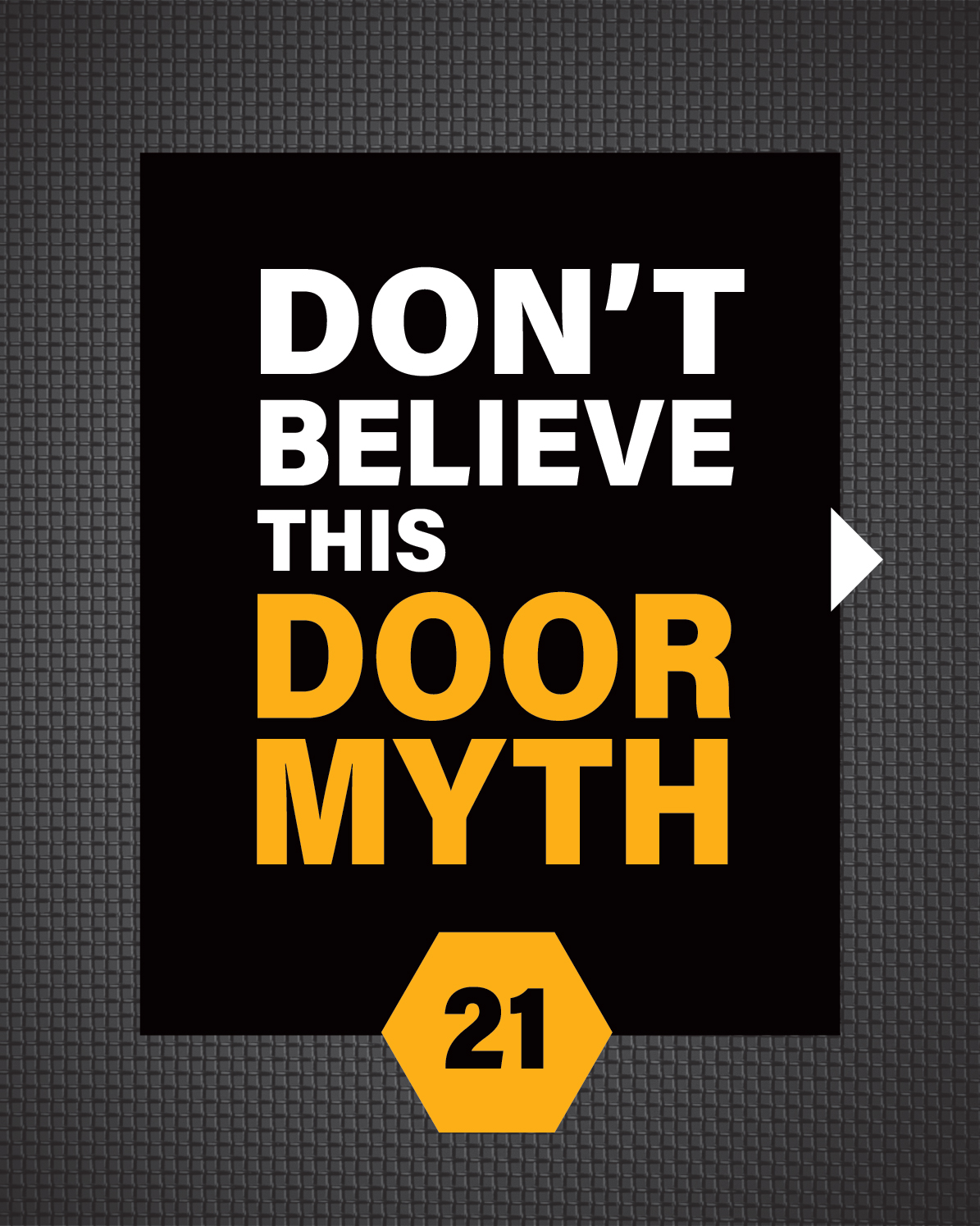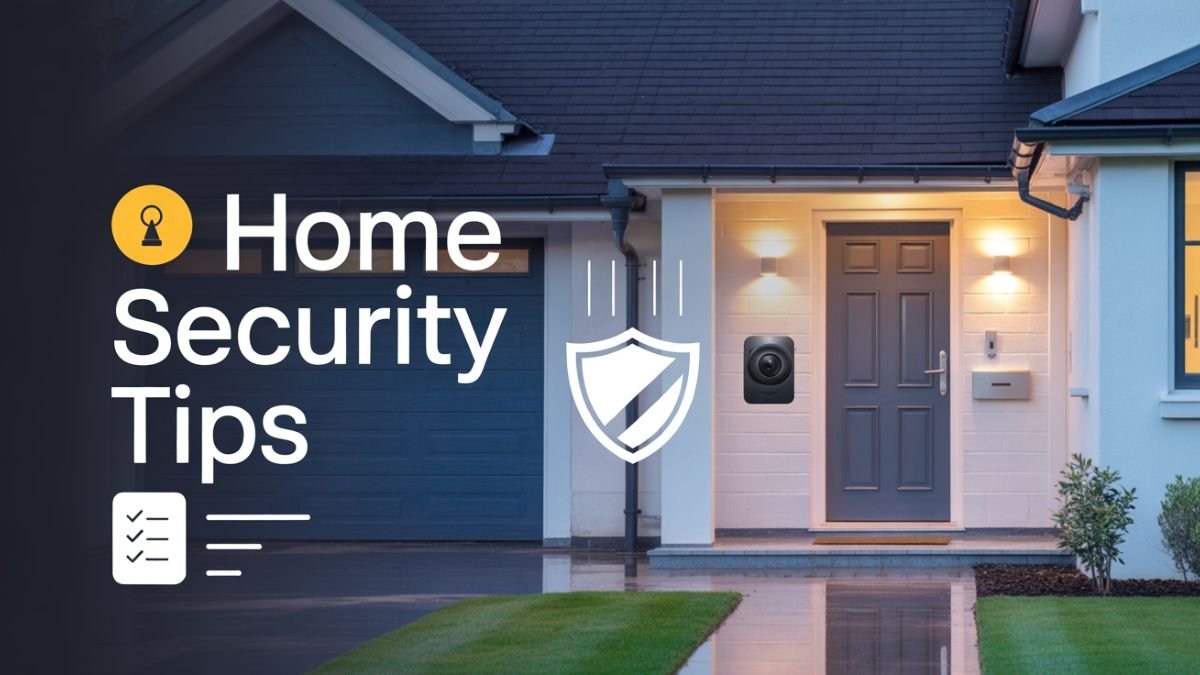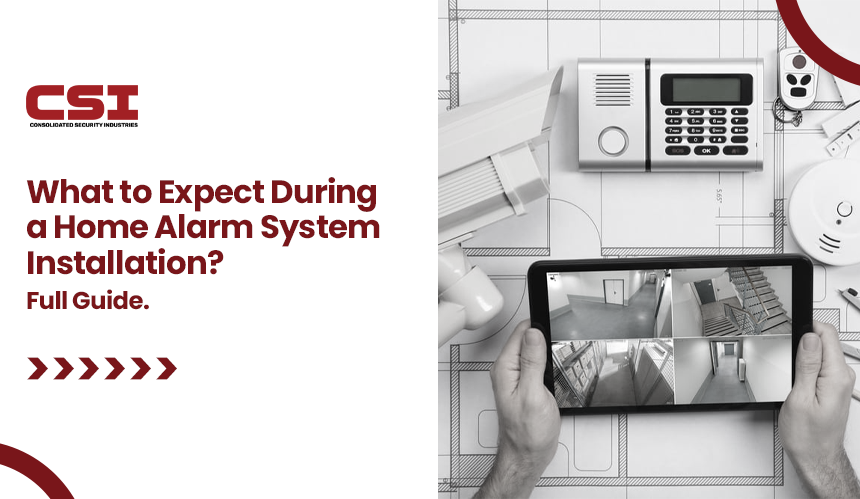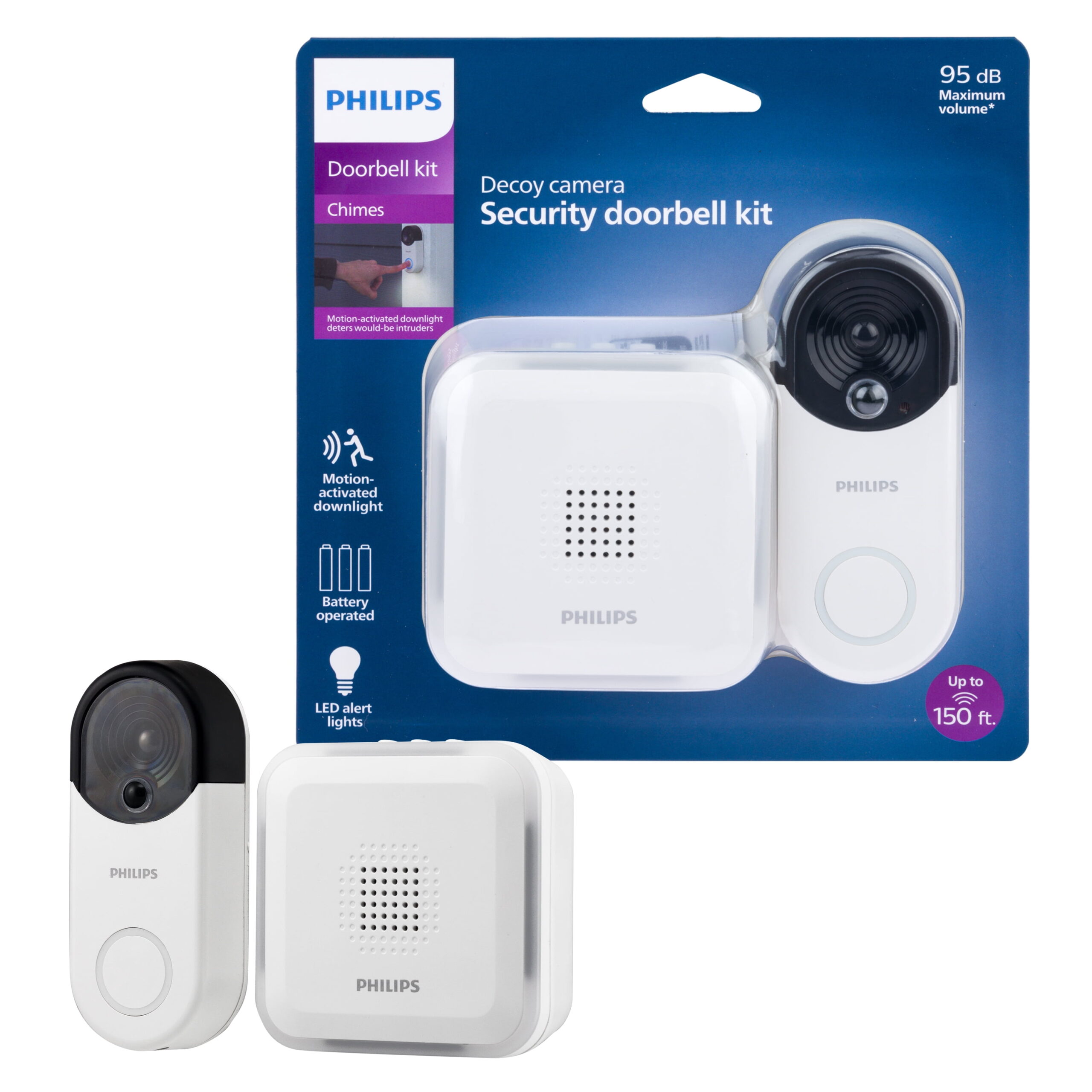Your home is more than just a place to live—it’s your safe haven. But how well do you really know about keeping it secure?
Understanding key home security facts can help you protect what matters most. You’ll discover surprising truths and simple tips that could make a big difference in your safety. Keep reading, because what you learn here might change the way you think about your home’s security forever.

Credit: www.hippo.com
Common Home Security Risks
Many homes face security risks every day. Knowing these risks helps keep your home safe.
Understanding where and when break-ins happen can help you protect your property better.
Typical Entry Points
Burglars use easy entry points to get inside homes. Doors and windows are the most common.
Garage doors and basement windows also attract unwanted intruders.
- Front and back doors without strong locks
- Sliding glass doors without security bars
- Ground-level windows left open or unlocked
- Garage doors left open or damaged
- Basement windows hidden from view
Timing Of Break-ins
Most break-ins happen when homes are empty. Thieves watch for times with no people around.
Late mornings and early afternoons are common times for break-ins because many are at work.
- Weekdays between 10 AM and 3 PM
- During holidays when families travel
- Nighttime break-ins happen less often but still occur
Vulnerable Property Types
Some homes are easier targets for burglars. Older homes may have weaker doors and windows.
Rental properties and homes in quiet neighborhoods can also be at risk.
- Houses with old or broken locks
- Homes with poor outdoor lighting
- Properties with overgrown bushes hiding entry points
- Rental homes with less security investment
- Isolated houses away from neighbors

Credit: x.com
Effective Security Systems
Home security systems help protect your family and belongings. They can deter burglars and alert you to dangers.
Choosing the right security system can make your home safer. Different tools work together to keep your home secure.
Alarm Systems
Alarm systems detect unauthorized entry into your home. They send alerts to you or a monitoring center.
Most alarms use sensors on doors and windows. Loud sounds scare away intruders quickly.
- Door and window sensors
- Motion detectors
- Glass break sensors
- Police or monitoring alerts
Surveillance Cameras
Surveillance cameras record video around your home. They help watch for suspicious activity.
Many cameras offer live views on phones. They also save video for later review.
- Indoor and outdoor cameras
- Night vision capability
- Motion-triggered recording
- Remote viewing via apps
Smart Home Integration
Smart home devices connect security tools into one system. You can control them using your phone or voice.
This integration makes it easy to monitor and manage security. It can include lights, locks, and alarms working together.
- Remote control of locks and alarms
- Automated lighting for safety
- Alerts sent to your smartphone
- Voice control with smart assistants
Physical Security Measures
Physical security measures protect your home from break-ins and theft. These measures stop intruders from entering easily.
Strong locks, good lighting, and fences help keep your property safe. Each plays an important role in home security.
Door And Window Locks
Locks on doors and windows are the first line of defense. They slow down or stop burglars from getting inside.
Use high-quality deadbolt locks on all exterior doors. Windows should have secure locks that are hard to open from outside.
- Install deadbolt locks on all doors
- Use window locks or security bars
- Check locks regularly for damage
- Consider smart locks for extra control
Security Lighting
Good lighting outside your home stops burglars from hiding in dark areas. It also helps you see better at night.
Use motion-sensor lights near doors, windows, and pathways. Keep your yard and driveway well lit during the night.
- Install motion-activated lights around the house
- Use bright LED bulbs for better visibility
- Place lights near entrances and dark corners
- Check lights often and replace broken bulbs
Fencing And Gates
Fences and gates create a clear boundary around your home. They make it harder for strangers to enter your property.
Choose fences that are tall and hard to climb. Gates should have locks and be kept closed at all times.
- Install strong fences at least six feet high
- Use locked gates for all entry points
- Keep fences and gates in good repair
- Consider adding spikes or thorny plants on top

Credit: perrygapublicsafety.org
Safety Habits To Adopt
Keeping your home safe starts with simple daily actions. Good habits reduce risks and protect your family.
Learn key safety habits to create a secure living space. Small changes make a big difference.
Locking Protocols
Always lock all doors and windows before leaving your home or going to bed. Use strong locks for better protection.
Check locks regularly to make sure they work well. Replace old or broken locks quickly.
- Lock doors with deadbolts
- Secure sliding doors with bars
- Don’t hide spare keys outside
- Use smart locks for added control
Neighborhood Watch
Join or start a neighborhood watch group. Neighbors watching out for each other help stop crime.
Share safety tips and report suspicious activities to local police. Stay connected with neighbors for support.
- Attend regular meetings
- Share contact information
- Report strangers or unusual behavior
- Use social media or apps to communicate
Vacation Precautions
Before leaving for vacation, make your home look lived-in. This stops thieves from targeting empty houses.
Ask trusted neighbors to collect mail and watch your house. Use timers for lights and keep some curtains open.
- Stop mail and newspaper delivery
- Set lights on timers
- Keep some curtains open
- Don’t share vacation plans publicly
Technology Enhancements
Technology has made home security systems smarter and easier to use. New tools help people protect their homes better.
These advances give homeowners more control and quick access to their security devices. This helps keep homes safe.
Mobile Alerts
Mobile alerts send messages to your phone when something unusual happens. This lets you act fast if there is a problem.
You can receive alerts for alarms, door openings, or motion detection. This keeps you informed even when you are away.
- Instant notifications for security events
- Customizable alert settings
- Works on smartphones and tablets
Remote Monitoring
Remote monitoring lets you watch your home through cameras from anywhere. You only need an internet connection.
This feature helps you check your property at any time. It also allows you to see what is happening in real time.
- Live video streaming from your security cameras
- Access through apps or web browsers
- Ability to review recorded footage
Automation Features
Automation links your security system with other smart devices. This creates a safer and more convenient home.
You can set rules to control lights, locks, and alarms. This helps protect your home without extra effort.
- Automatic locking of doors at night
- Turning on lights when motion is detected
- Scheduling security system activation
Choosing Professional Help
Home security is important to keep your family safe. Choosing the right help can make a big difference.
Experts know what to look for and how to install security systems correctly. They save time and reduce mistakes.
Security Consultants
Security consultants check your home for weak spots. They give advice on the best security options for you.
They help you understand the risks and suggest tools that fit your budget and needs.
- Assess current security problems
- Recommend security devices and setups
- Explain how to use security systems
Installation Services
Professional installers set up your security equipment correctly. They make sure everything works well.
Good installation helps prevent errors and ensures your system covers all important areas.
- Mount cameras at good angles
- Place sensors on doors and windows
- Test all devices after installation
Maintenance Tips
Regular care keeps your security system working strong. Professionals can inspect and fix problems early.
Simple steps at home help too, like checking batteries and cleaning cameras often.
- Replace batteries every 6 months
- Clean camera lenses monthly
- Schedule yearly professional checkups
Frequently Asked Questions
What Are The Most Effective Home Security Measures?
Effective home security includes strong locks, alarm systems, security cameras, motion sensors, and outdoor lighting. Combining these deters intruders and alerts homeowners. Regularly updating security technology enhances protection.
How Does Smart Home Security Improve Safety?
Smart home security allows remote monitoring, real-time alerts, and automated controls. It increases convenience and provides instant response options. Integration with smartphones helps homeowners stay informed and act quickly.
Why Is Outdoor Lighting Important For Home Security?
Outdoor lighting deters criminals by eliminating dark hiding spots. Motion-activated lights startle intruders and alert neighbors. Proper lighting improves visibility and reduces the risk of break-ins.
What Role Do Security Cameras Play In Home Protection?
Security cameras record activity, deter crime, and provide evidence if needed. They offer remote monitoring and increase homeowner awareness. Visible cameras can discourage potential burglars from targeting your home.
Conclusion
Securing your home is crucial for peace of mind. Simple actions can boost safety. Lock doors and windows consistently. Install a reliable alarm system. Use smart lighting to deter intruders. Regularly update security devices. Stay informed about the latest security trends.
Your home’s safety is in your hands. Protect your family by staying vigilant. Remember, proactive measures lead to a safer home. Small steps today can prevent big problems tomorrow. Prioritize security for a stress-free living environment. Your home is your sanctuary.
Keep it secure and enjoy a worry-free life. Safety first, always.
15 min read





